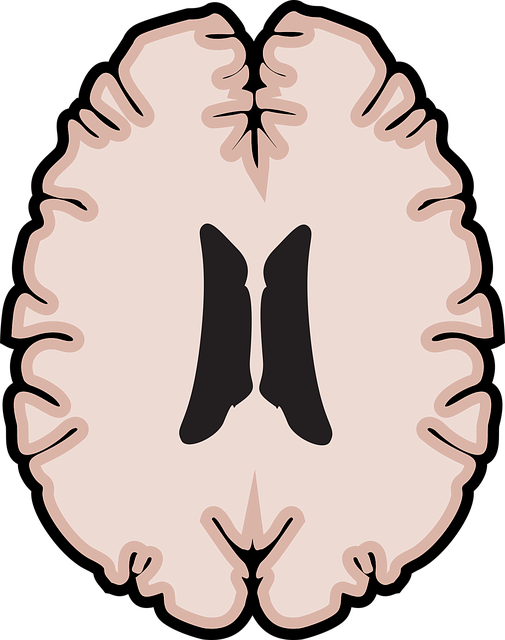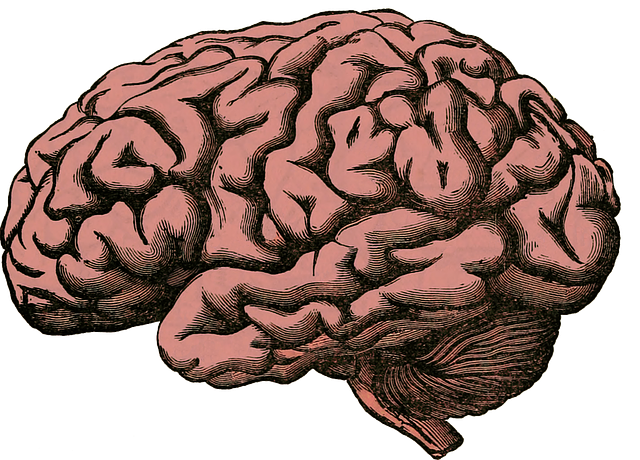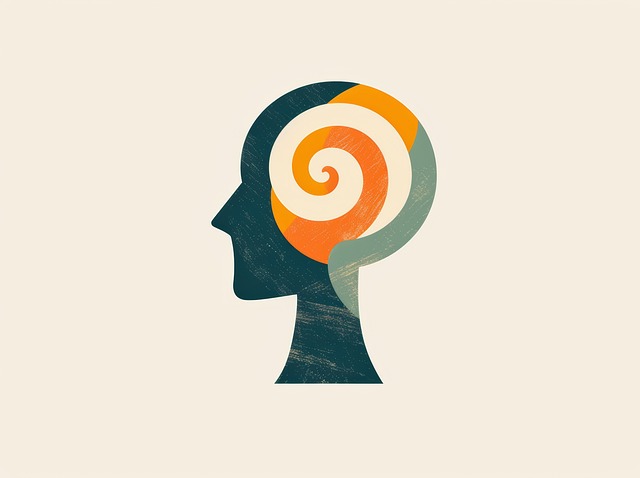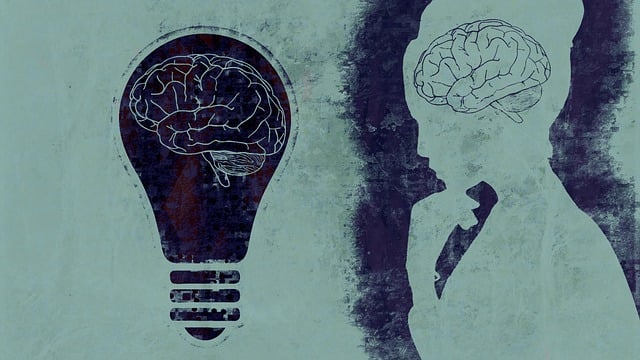Boulder Women's Issues Therapy (BWIT) is a leading provider of culturally sensitive mental healthcare, focusing on addressing diverse women's issues within their specific cultural contexts. They achieve this through tailored strategies such as incorporating cultural practices, encouraging open dialogue about racial identities, and offering specialized support for immigrant women. BWIT emphasizes emotional regulation, self-care routines aligned with cultural beliefs, and compassion cultivation exercises to build trust and enhance therapeutic outcomes. Their innovative approach creates a safe space for healing, empowering clients and preventing burnout while celebrating diverse cultural identities.
Mental healthcare practices increasingly require cultural sensitivity to address the diverse needs of patients from various backgrounds. This article explores the intricate aspects of providing culturally responsive care, highlighting key challenges and successful strategies in cross-cultural therapy. We delve into the role therapists play in creating safe spaces, drawing insights from case studies like Boulder Women’s Issues Therapy, a leading example of effective cultural sensitivity in action.
Understanding these nuances is vital for enhancing therapeutic outcomes and fostering inclusive mental health services.
- Understanding Cultural Sensitivity in Mental Healthcare
- Challenges and Barriers in Cross-Cultural Therapy
- Strategies for Culturally Responsive Practice
- The Role of Therapists in Fostering Safe Spaces
- Case Studies: Successful Cultural Sensitivity in Action at Boulder Women's Issues Therapy
Understanding Cultural Sensitivity in Mental Healthcare

Cultural sensitivity is a cornerstone in mental healthcare practice, ensuring that services are accessible and effective for individuals from diverse backgrounds. It involves recognizing and respecting the unique cultural beliefs, values, and traditions of each client, which can significantly impact their mental health experiences and expressions. In Boulder, where women’s issues therapy is a prominent field, cultural sensitivity takes on added importance as therapists navigate the complex interplay between gender, culture, and mental wellness.
This approach extends beyond basic communication to encompass a deep understanding of various cultural contexts. For instance, therapists might incorporate practices like Mindfulness Meditation or Inner Strength Development techniques that resonate with clients from different ethnic or spiritual backgrounds. Additionally, designing Mental Health Education Programs that cater to diverse audiences requires a nuanced perspective on mental health concepts and practices across cultures. Such tailored approaches foster trust, engagement, and ultimately, better outcomes in therapy.
Challenges and Barriers in Cross-Cultural Therapy

Providing culturally sensitive mental healthcare requires navigating complex challenges and barriers, especially when addressing diverse communities like those seeking Boulder Women’s Issues Therapy. One significant hurdle is the potential for cultural misunderstandings between therapists and clients from different backgrounds. Therapists must be vigilant to avoid imposing their own cultural norms and assumptions onto their clients, recognizing that each individual brings a unique perspective shaped by their ethnic, racial, and social identities.
Effective cross-cultural therapy demands empathy building strategies, such as active listening and open communication. Mindfulness meditation can also play a role in fostering understanding and compassion. Additionally, burnout prevention strategies for healthcare providers are crucial, as they ensure therapists remain attuned to their own cultural biases and emotional well-being while cultivating an inclusive therapeutic environment.
Strategies for Culturally Responsive Practice

Incorporating cultural sensitivity into mental healthcare practice is a multifaceted approach that requires a deep understanding and respect for diverse communities. For professionals like those at Boulder Womens Issues Therapy, this means recognizing and valuing the unique cultural contexts in which clients live and thrive. One effective strategy is to foster self-care routine development for better mental health, encouraging individuals to integrate practices that align with their cultural beliefs and traditions. This can range from incorporating mindfulness techniques inspired by ancient spiritual practices to adopting creative outlets or wellness rituals that hold personal significance.
Moreover, compassion cultivation practices play a pivotal role in culturally responsive therapy. By engaging in self-awareness exercises, therapists can enhance their own cultural biases and foster an environment where clients feel seen, heard, and understood. These exercises promote empathy, enabling practitioners to offer tailored support that respects and celebrates the richness of each client’s cultural heritage. Such a nuanced approach not only improves therapeutic outcomes but also strengthens the bond between therapist and client, creating a safe space for profound healing and growth.
The Role of Therapists in Fostering Safe Spaces

In the realm of mental healthcare, therapists play a pivotal role in creating safe and inclusive spaces for their clients. This is especially crucial when addressing women’s issues in Boulder, where cultural sensitivity and understanding are paramount. Therapists who are attuned to the unique needs and experiences of their diverse clientele can foster an environment that encourages open dialogue and healing. By adopting compassion cultivation practices, therapists can help clients develop a deeper sense of self-awareness and emotional regulation, thereby reducing stress and promoting resilience.
Through these practices, therapists create a sanctuary where women feel seen, heard, and valued, allowing them to explore their identities and challenges without fear of judgment. Incorporating evidence-based Stress Reduction Methods and Self-Awareness Exercises into therapy sessions can empower clients to navigate their cultural and personal narratives with greater ease. This not only enhances the therapeutic process but also ensures that each individual receives tailored support, fostering a profound impact on their mental well-being.
Case Studies: Successful Cultural Sensitivity in Action at Boulder Women's Issues Therapy

Boulder Women’s Issues Therapy (BWIT) stands as a beacon of culturally sensitive mental healthcare, showcasing successful practices that transcend traditional boundaries. Through a lens of inclusivity and understanding, BWIT tailors their approach to address the unique needs of diverse clientele. This is evident in their comprehensive case studies, which highlight how they navigate complex cultural terrains to foster meaningful healing.
For instance, BWIT has implemented innovative strategies like incorporating cultural elements into therapy sessions, encouraging open dialogue about racial identities, and providing specialized support for immigrant women. By integrating Emotional Regulation techniques tailored to different backgrounds, they prevent burnout among patients. Furthermore, their emphasis on Social Skills Training helps individuals navigate interpersonal dynamics while respecting cultural nuances. These initiatives at BWIT not only enrich the therapeutic process but also empower clients by offering a safe space where their cultural identities are celebrated and understood.
Cultural sensitivity is an indispensable aspect of mental healthcare, as it ensures inclusive and effective treatment for individuals from diverse backgrounds. By understanding and addressing cultural nuances, therapists can create safe spaces that foster trust and encourage open communication. As demonstrated by the success stories at Boulder Women’s Issues Therapy, culturally responsive practices not only enhance therapeutic outcomes but also revolutionize mental health services, making them more accessible and tailored to the unique needs of every client.














